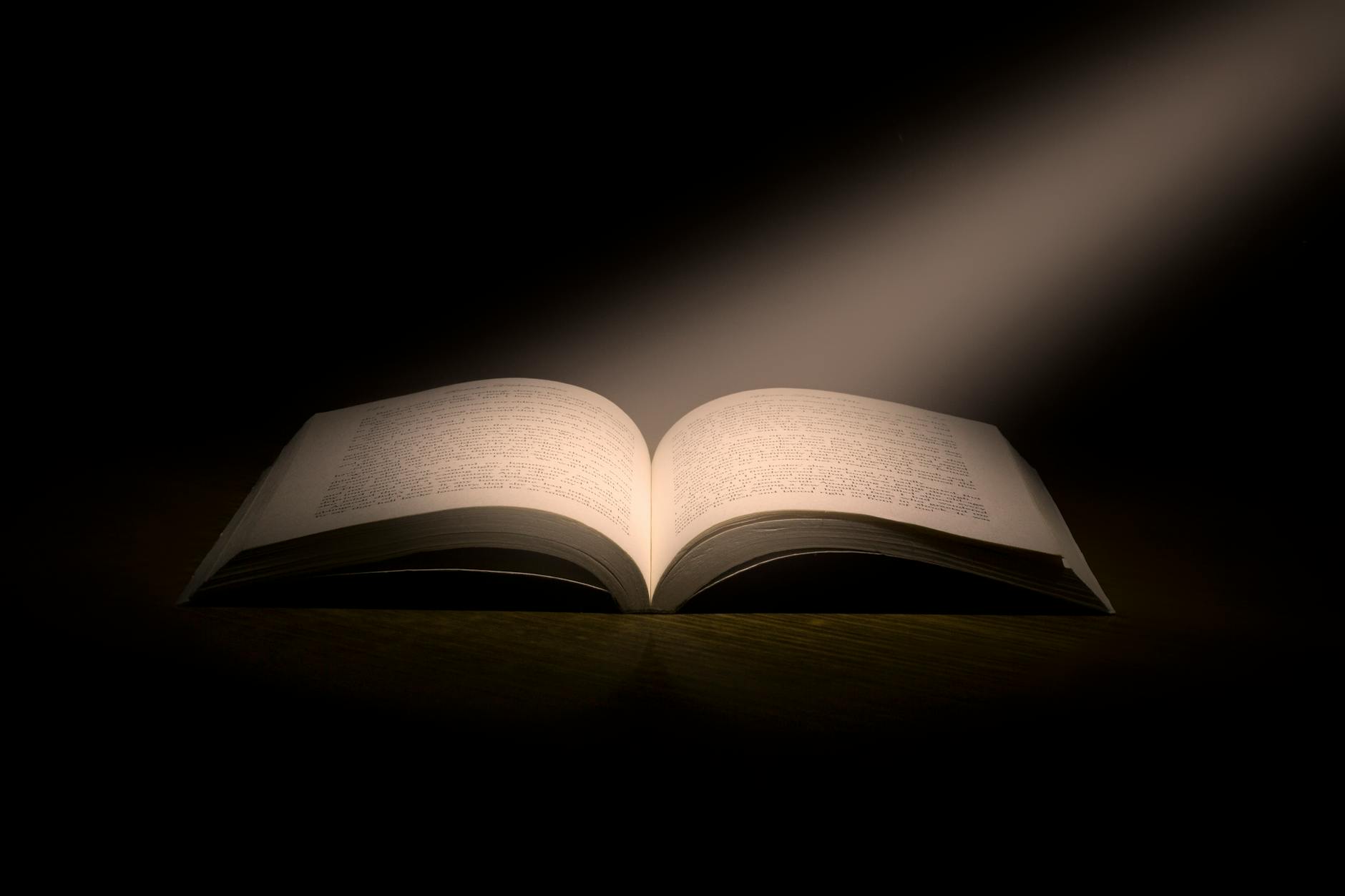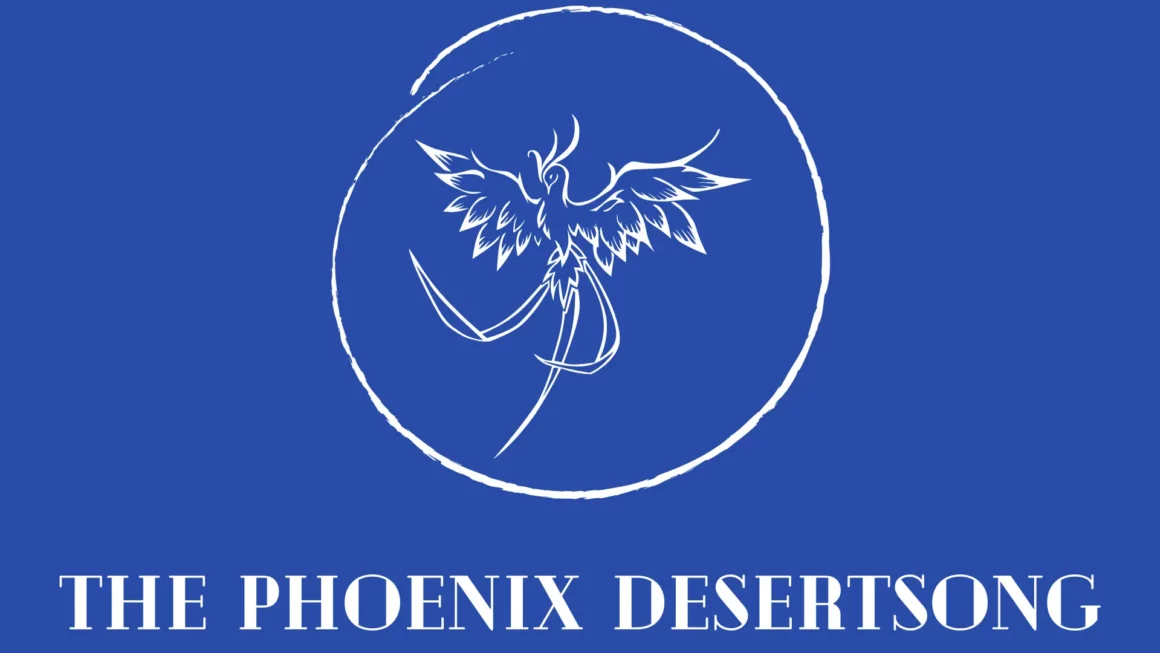Thanks to the internet, information is abundant and ceaselessly flowing. Becoming overwhelmed with the sheer amount of media available to us, it can become paralyzing to figure out what information we should focus on consuming. So, refining our approach to education can not only enhance our knowledge, but help us to carve our own personalized pathway towards intellectual growth. This is why I’ve adopted a philosophy hinging on reading and writing as central activities in my daily life.
Why is Reading and Writing Daily So Important?
Reading and writing have an important interdependent relationship with lifelong learning. I find that too many people skim reading materials looking for just the highlights. When I was younger, I tended to do just that, and found I had trouble retaining most of what I read. It took me well into my college career to learn about the importance of active reading. Not only should you take notes as you read, but have a very specific intent when you read.
Whereas many of us, myself included, will read more for pleasure than learning, it’s much better to instead read with the intent of absorbing, critiquing, and eventually articulating thoughts about the content. For me, reading is only worth the time if you’re able to engage your mind with the material. If you feel like you’re unable to have a deeper conversation with what you’re reading, you won’t be able to retain it or understand it as well.
Selectively Feast on Knowledge
Choosing articles, books, and other writings that genuinely intrigue you is the only way to be consistent with your reading.Find what piques your curiosity and don’t linger too long on materials that won’t hold your attention. Focus on the subjects, and even individual authors, which give you the most ideas you want to engage with.
When you indulge in topics that genuinely interest you, the learning process becomes a joyful, rather than tiring experience. You also will find things you read might also spur creativity and critical thinking.This is why I abandon any reading that doesn’t provoke me to write down any thoughts.
It might sound a bit audacious, but moving on from things that aren’t holding my interest is grounded in my philosophy of mindful engagement with learning. You must be discerning in your information consumption. Otherwise, you’ll find yourself overwhelmed and scattered. Instead, tailor your educational journey to your own interests and you’ll find yourself much more productive in your discoveries.
Creating the Content You Want to Read
You may have heard the advice that authors tell their fellow aspiring novelists: write the book you want to read. Indeed, it’s alluring to craft content that you’d want to read. It suggests a proactive stance towards learning where you are not just a consumer of ideas, but also as a contributor, adding value to the educational ecosystem.
Nothing nurtures a creative mindset more than encouraging yourself to think much more deeply about the things you care about most. Until you learn to analyze everything you read and hear critically, it will remain difficult to properly articulate your own unique perspectives. These are all skills that are possible for anyone to learn, and able to be mastered by anyone who puts the time and effort into honing them.
Here are some actionable steps to make reading and writing more valuable and enriching activities:
Curate your Reading List: Before you get seriously into writing as a legitimate creative outlet, you must develop a selective reading list based on your interests and curiosity. It can, and should, span different genres, mediums, and subjects. Provide yourself with a rich base for intellectual nourishment. Pro tip: don’t just look up reading lists. Always build one from scratch!
Reflect and Synthesize What You Read: After reading anything, take time to reflect on the content and synthesize the information. Try to draw connections between the text and your own thoughts. Don’t be afraid to critique author’s arguments, especially those you don’t agree with, but even those you do. The more in tune you are with your own thought process, the more accurate your narratives will be in reflecting your true perspective.
Develop Your Own Unique Writing Rituals: Regular writing reinforces learning by reframing and processing your thoughts about what you’ve recently read, watched, listened to, or otherwise experienced.Find the medium that resonates with you and make it a habit. It could be maintaining a journal, blogging, writing essays, or just keeping bullet points in a note taking app.Pro tip: find what works for you and don’t follow any one else’s example, because you’ll most likely just frustrate yourself and get out of whack.
Always Seek Feedback: Share your writings with a community or peers who can provide constructive feedback. This will help you refine your thoughts and be able to learn more collaboratively. This feedback group can also include family members and friends who support you in your writing. Don’t let those loved ones and acquaintances that don’t take your work seriously interfere, either.
Explore Other Creative Outlets: Don’t just limit yourself to conventional forms of writing. Dabble in various creative outlets like slam poetry, group storytelling, or even graphic or audio narratives to find new ways to articulate yourself and your thoughts.
Always Adapt and Evolve: Your approach to reading and writing must be adaptable. Learning is a dynamic process, so your strategies in both consuming and constructing content should mirror this dynamism.
Going forward, I’ve decided to make it a point to promote active engagement with content, offering actionable advice whenever possible. I hope that this strategy encourages critical thinking and nurtures a creative mindset in you, my dear readers. By adopting this sort of approach, you not only enhance your own learning experience, but also contributing to a richer, more diverse educational landscape.
I wish to see more people embrace this enlightening combination of active reading and reflective writing. This is the only way I can see to positively change the way we perceive education in a profound, empowering way.
~ Amelia <3



